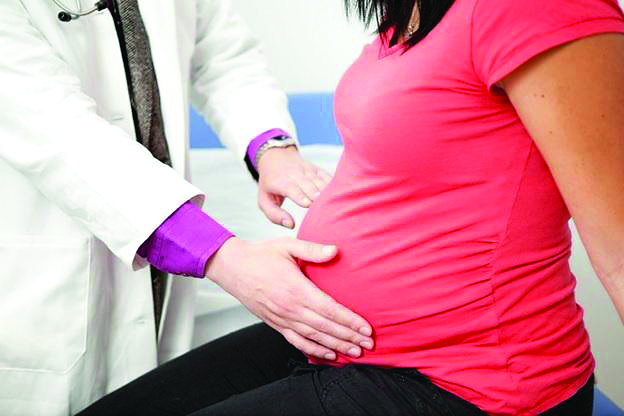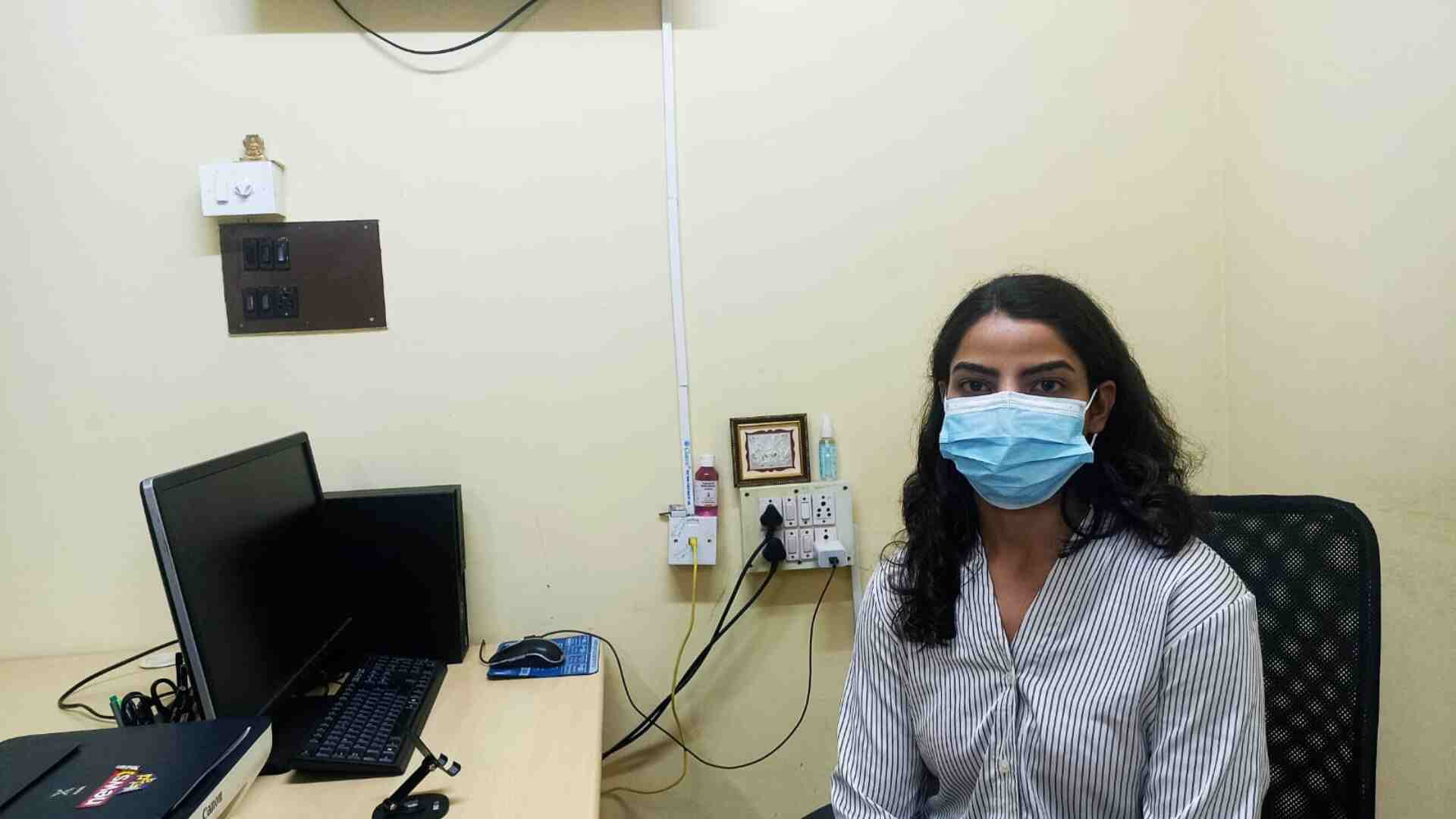
Fibroids, also known as uterine leiomyomas or myomas, are non-cancerous growths that develop in or around the uterus. These benign tumors vary in size and number, and they are quite common, affecting up to 70% of women by the age of 50. When it comes to pregnancy, the presence of fibroids can introduce a range of challenges and concerns for both the mother and the developing fetus. Understanding the implications of fibroids during pregnancy is crucial for expectant mothers and healthcare providers to manage potential risks and ensure a healthy pregnancy outcome.
Firstly, it is important to recognize that most women with fibroids have uncomplicated pregnancies and deliver healthy babies. However, the size, location, and number of fibroids can influence pregnancy outcomes. Fibroids can grow in different parts of the uterus—submucosal (beneath the lining), intramural (within the muscular wall), and subserosal (on the outer surface). The size of fibroids can range from as small as a pea to as large as a melon. Larger fibroids, particularly those that distort the uterine cavity, can pose a higher risk for complications.
One of the primary concerns with fibroids during pregnancy is the potential for pain and discomfort. As the uterus expands to accommodate the growing fetus, fibroids may also increase in size due to elevated levels of estrogen and progesterone. This can lead to symptoms such as pelvic pain, pressure, and a feeling of fullness. In some cases, fibroids can undergo a process called degeneration, where they outgrow their blood supply and begin to break down, causing severe pain. While this pain is usually manageable with medication and rest, it can be distressing for the expectant mother.
Another significant issue is the potential impact of fibroids on the pregnancy itself. Fibroids can increase the risk of miscarriage, particularly in the first and second trimesters. They can also lead to preterm labor, where contractions begin before the pregnancy reaches full term, posing risks to the baby’s health. Additionally, fibroids that are located near the cervix can obstruct the birth canal, making a cesarean section necessary for delivery. In some cases, fibroids can interfere with the position of the baby, leading to breech presentation (where the baby is positioned feet-first instead of head-first) or transverse lie (where the baby is lying sideways).
During labor, fibroids can cause complications such as abnormal labor patterns, prolonged labor, and postpartum hemorrhage (excessive bleeding after delivery). These complications may necessitate medical interventions such as the use of forceps, vacuum extraction, or a cesarean section. Postpartum, the presence of fibroids can affect the uterus’s ability to contract properly, leading to increased bleeding and a longer recovery period.
Despite these potential complications, many women with fibroids successfully carry their pregnancies to term and deliver healthy babies. Ultrasound examinations can help assess the size and location of fibroids and their impact on the pregnancy. It is important for expectant mothers with fibroids to communicate openly with their healthcare providers about any symptoms or concerns they may have.
Management of fibroids during pregnancy typically focuses on symptom relief and monitoring. Pain management strategies may include the use of acetaminophen, bed rest, and hydration. In rare cases, surgical intervention may be considered, but this is usually avoided due to the risks associated with surgery during pregnancy. Myomectomy, the surgical removal of fibroids, is generally performed before pregnancy or after delivery if necessary.
Final Thoughts
While fibroids can present challenges during pregnancy, they do not necessarily preclude a healthy and successful pregnancy outcome. With proper medical care, monitoring, and management, most women with fibroids can navigate their pregnancies with minimal complications. It is important for expectant mothers to be well-informed about the potential risks and to work closely with their healthcare providers to ensure the best possible outcomes for themselves and their babies.
The author is the Senior Consultant of Obstetrics & Gynecology (MBBS, MD) at Apollo Cradle & Children’s Hospital, Chirag Enclave, New Delhi.















